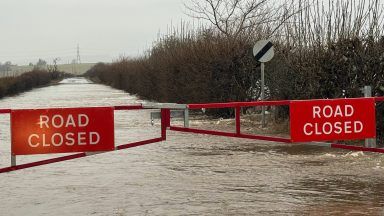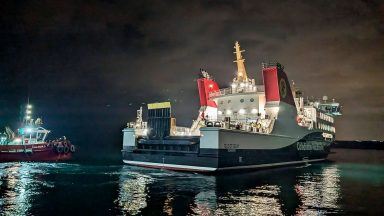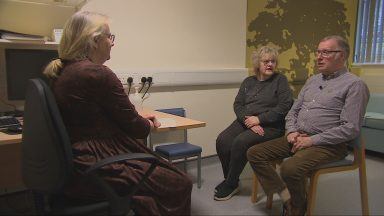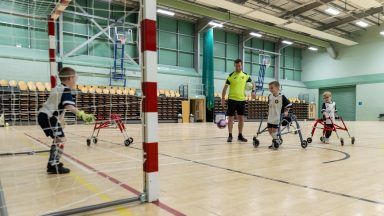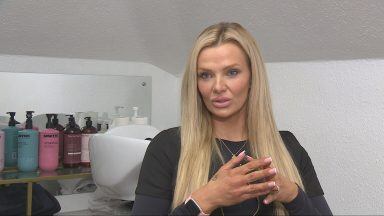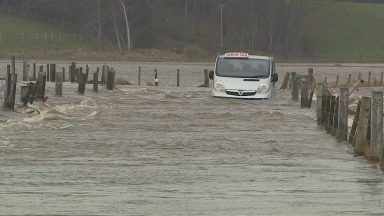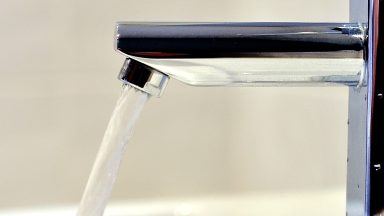Plastic debris found in thousands of nests across the north west of Europe poses a serious threat to seabirds in the region, researchers have warned.
A four-year study was led by scientists at the North Highland College’s Environmental Research Institute, part of the University of the Highland and Islands.
Observers visiting seabird colonies for other monitoring activities were asked to help gather data as a cost effective and environmentally friendly way to conduct the study.
Researchers examined 10,274 nests across the UK, Norway, Iceland, Sweden and the Faroe Islands – with 12% of them found to contain plastic debris.
Information was collected from 14 seabird species in 84 colonies between 2016 and 2020.
Atlantic puffins were found to be the most affected species, with 67% of their nests found to contain plastic.
Dr Neil James, a post-doctoral research associate at the Environmental Research Institute, was one of the scientists involved in the project.
He said: “Marine plastic pollution is an increasing global environmental issue which poses a threat to marine biodiversity.
“Seabirds are particularly affected because of the risk of entanglement or ingestion.
“Our study found that a significant number of nests included plastic debris, with some species more likely to incorporate it than others.
“As well as providing important information about our seabird populations, this type of study can also reveal valuable insights into the prevalence of plastic in the marine environment.”
A campaigner on the north coast, familiar with the problem, has collected more than a tonne of plastic each year from one beach alone – Balnakeil in Sutherland.
Dr Joan D’Arcy, a founder of the award-winning community project Plastic at Bay, said: “This plastic has been there for a long time. People are changing their ways now but there’s still a lot in the ocean.
“What we’re picking up could be from now, it could be from five years ago. It could be from ten years ago.
“The thing that is really daunting is that it just doesn’t stop. We’ve been doing it for five years and we haven’t seen a reduction.”
Similar voluntary clean-ups go on around Scotland’s coastline throughout the year.
The academic team behind the latest research says “substantial interventions” are needed to tackle the issue – or we will lose entire seabird species.
The results of the study are published in the Marine Pollution Bulletin and can be found online here.
Follow STV News on WhatsApp
Scan the QR code on your mobile device for all the latest news from around the country


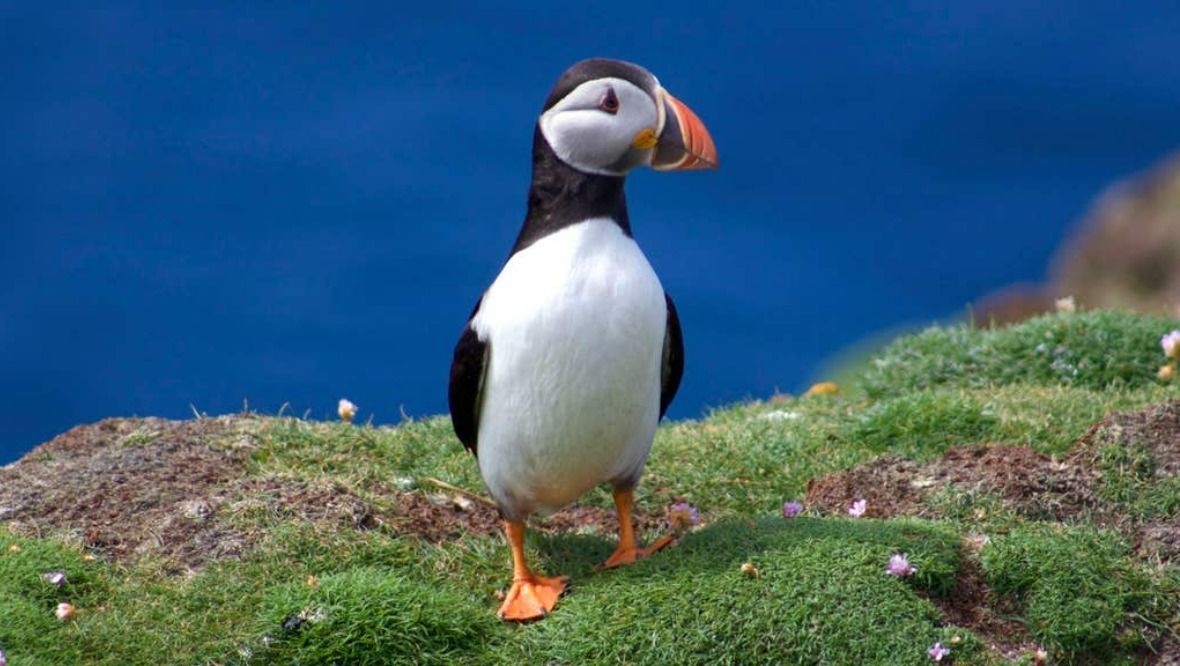 PA Ready
PA Ready






